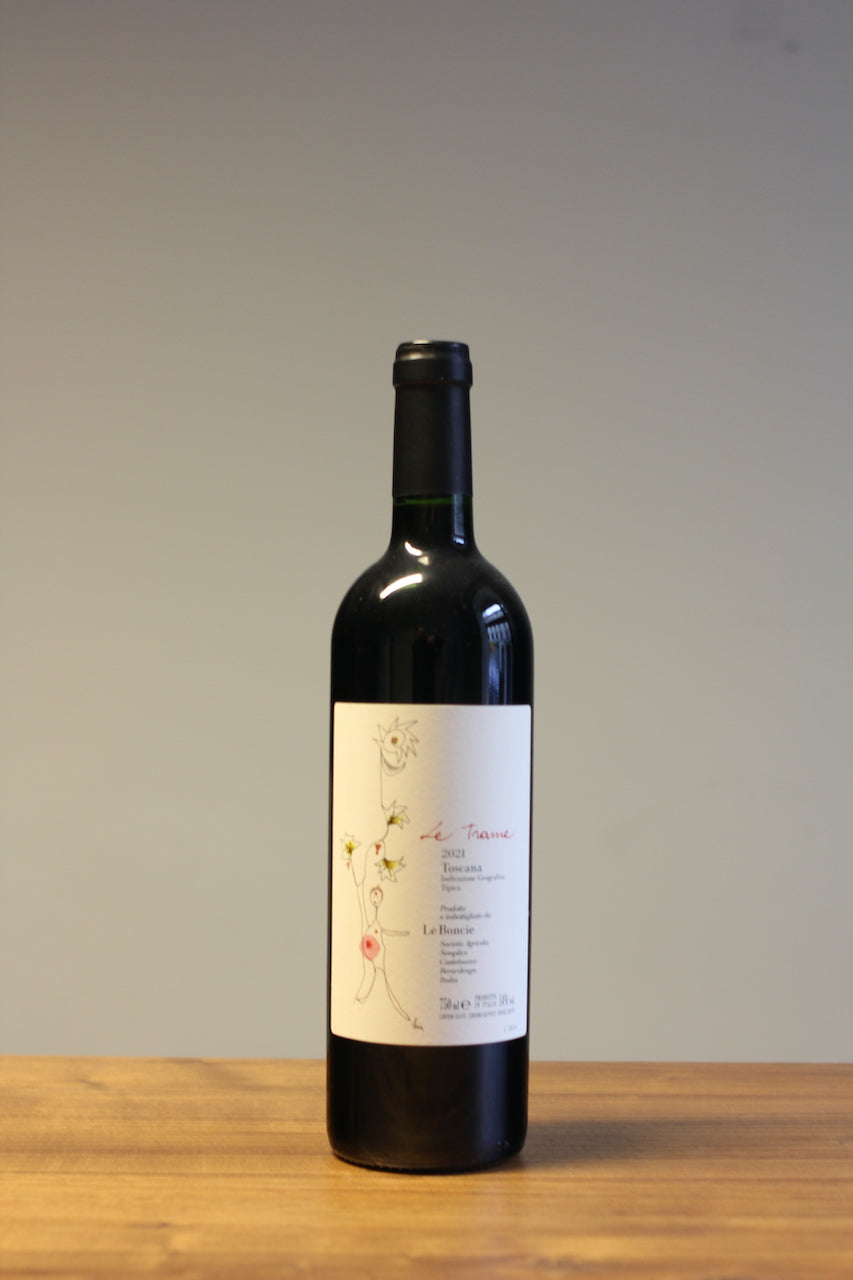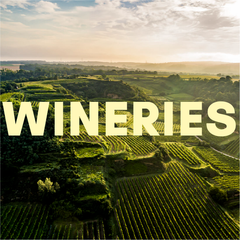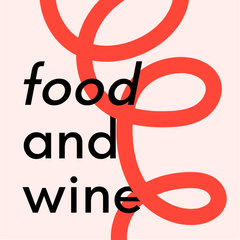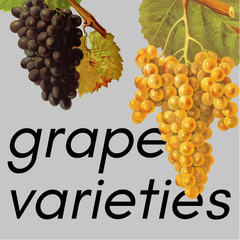Free shipping within Austria from € 99
Free shipping to Germany from € 120
Shipping costs within the EU
Payment methods
Le Boncie
Le Trame 2021
Le Trame 2021
Couldn't load pickup availability
Le Trame has, for nearly three decades, demonstrated the direction Chianti could—and should—take. To borrow Jonathan Nossiter's words, it is "liquid memory." It is also a bridge to the future, a wine that merges the history of a style (Chianti) with the signature of a great winemaker. Giovanna Morganti doesn’t adhere rigidly to traditional conventions: she eschews the once-common inclusion of white varieties like Trebbiano and Malvasia in Chianti. Rightly so, as she sees no need for additional fruit or structure beyond what Sangiovese already provides. Mammolo, Colorino, and Foglia Tonda—indigenous varieties—complement and support Sangiovese’s sensory expression.
Her vines are rooted in stony, limestone-rich soils that impart their strict, linear character to the wine. The grapes are hand-harvested and spontaneously fermented in open wooden vats. The resulting wine is aged in large wooden barrels, allowing it the time to evolve into a manifesto of its region.
Style & Aromas
All four varieties contribute their mark, but the floral tones—especially from Mammolo—stand out. Notes of cherries, earth, leather, and violets evolve with bottle age, joined by dark berries and pepper. The aromatic complexity is framed by a firm tannic structure and robust yet balanced acidity. The body is juicy, dynamic, and compact, with a powerful and pulsating finish.
Technical Data
- Varieties: Sangiovese, Mammolo, Foglia Tonda, Colorino
- Vineyard: Limestone and clay soils
- Harvest: By hand
- Fermentation: Spontaneous | Wild yeasts, in 500–700-liter wooden vats
- Aging: 18–24 months in large wooden barrels
- Filtration: None
- SO₂: <50 mg/l
- Alcohol: 14% vol.
- Closure: Natural cork
- Serving Temperature: 10–12 °C
- Optimal Drinking Window: Now – 2040
- Bottle Size: 0.75 l
Philosophy: All winemakers listed at Vinonudo cultivate their vineyards using compost, organic fertilizers, and natural preparations, avoiding the use of herbicides, pesticides, and synthetic fertilizers.
Share







